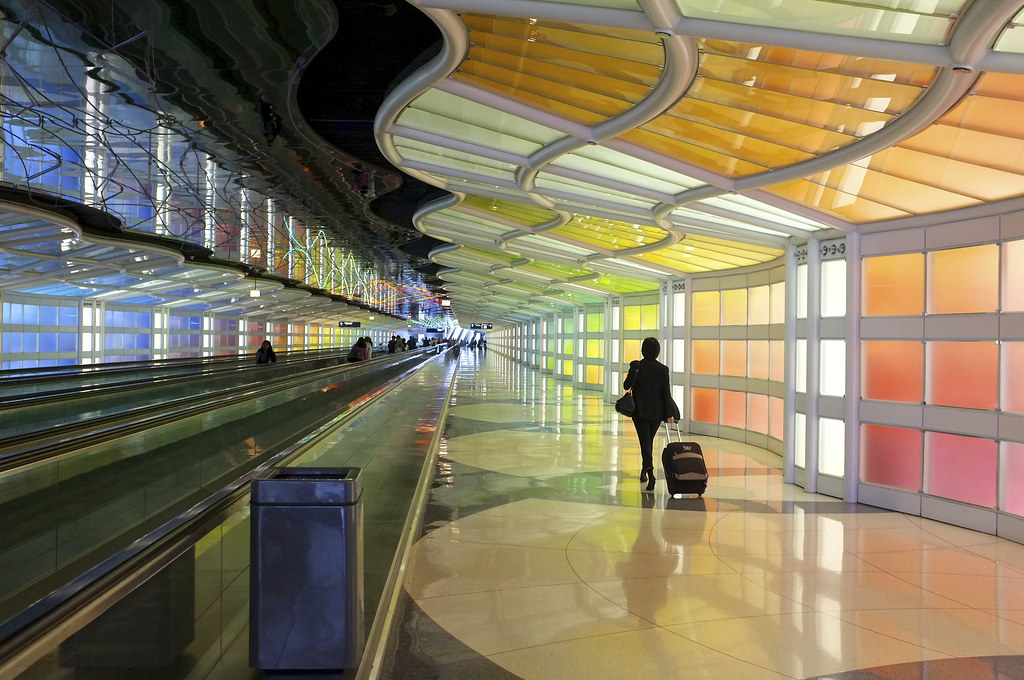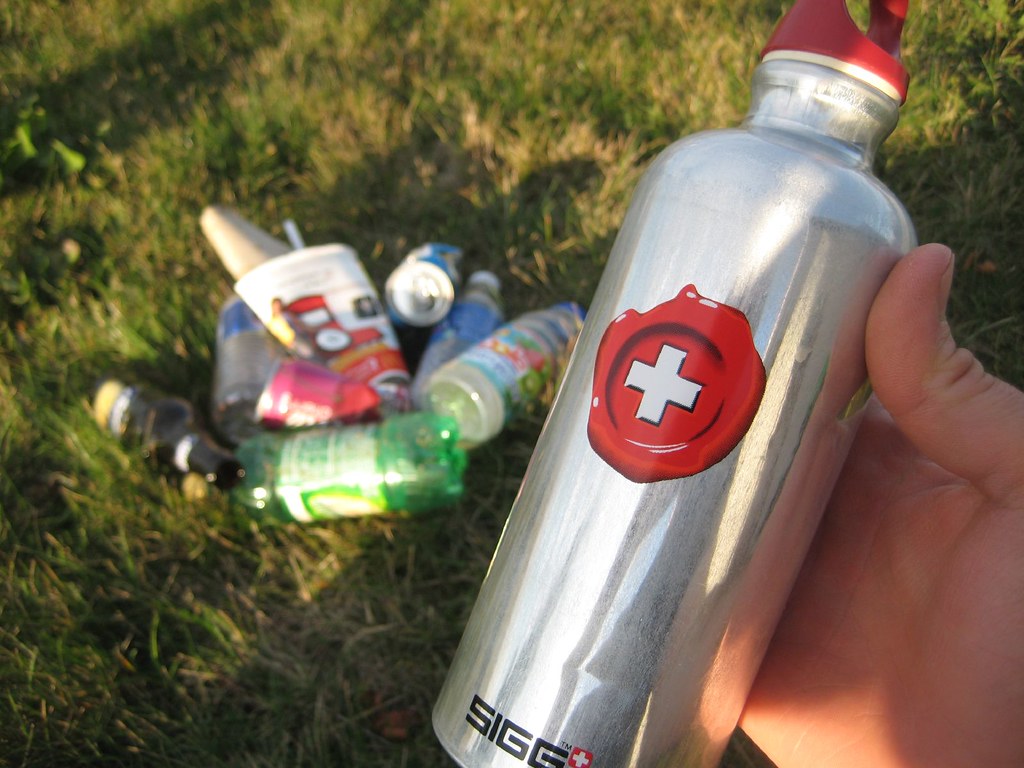Thanks to Pinterest, Instagram, Facebook, and other social media platforms that litter our newsfeeds with so many travel photos, more and more people are encouraged to save up and see the world. According to the World Tourism Organization, the number of international tourist arrivals in 2012 surpassed, for the first time, 1 billion, and is forecasted to reach 1.8 billion in 2030. With the dramatic rise in the number of travelers, concerns over the practice of eco-friendly travel have increased as well.

Travel professionals and consumers have both pushed for awareness for sustainable travel in order to minimize the negative impact of travel on host countries and to preserve the natural and cultural resources for generations to come. It looks like those efforts are gaining fruit – a 2010 survey by online travel publisher TravelZoo revealed that more than 90% of U.S. travelers said that they would choose a ‘green,’ environmentally conscious hotel if the price and amenities were comparable to those at a non-sustainable, non-green hotel.
If you’re still new at the rules of environment-friendly travel, check out the following tips for becoming a responsible nomad.
Â
Travel Light
Do you know that the heavier the plane is, the more carbon emissions it will produce during flight? Do your part in reducing this weight by packing light and bringing only what’s necessary. Not only will this help reduce carbon emissions, you will also feel better without the extra baggage weight.

Treat Your Hotel Like It’s Your Home
A lot of travelers enjoy the excesses that a hotel accommodation provide. We tend to leave the TV and lights on even if we’re not using them. We tend to ask for fresh towels even if we don’t really need them. We tend to take really long baths and showers because water usage comes with the room payment. Being considerate of the hotel’s resources, especially in water and electricity, will go a long way in saving energy.

If you’re up for something really adventurous, why not try couchsurfing? Thanks to services like AirBnB, homeowners have opened up their dwellings to budget travellers and give them a safe place to sleep in. Imagine the cash you’ll save by not staying in a hotel room.
Avoid Using Plastic
Everytime you ask for extra plastic bags at the store, remember that a bag can take up to 500 years to biodegrade. Same goes for plastic bottles – just imagine those bottles stocked up in garbage landfills. Learn to get used to carrying around reusable shopping bags and reusable water bottles.

Take Public Transport
Taking public transport is cheaper and gives you the chance to interact with the locals. Imagine the amount of carbon emissions you can save from not renting your own car or any type of private transport. This also gives you the chance to see the place up close and you can ask the locals for details. If you’re staying in a city, take the trains as much as possible to save up on costly cab rides.
Try Not Taking The Plane
This applies more to local travel. If your travel destination can be covered by bus rides, try taking that option instead of hopping on a plane. You’ll get to see more of the countryside if you travel by bus.

Maximize Group Tours
If you’re still new to the place, why not save yourself the hassle of getting lost by joining a group tour? This ensures that you stay within your itinerary and you can learn interesting stuff from tour guides. Do your research online and scout for group tours that advocate responsible travel.
Eat Local Produce
What’s the point of traveling to a new place if you make a beeline for the nearest McDonalds the first chance you get? Part of the traveling experience is sampling the local cuisine. This also goes for liquor, too. Instead of asking for the same old brew that you drink back home, why not try the local brew? Reward your taste buds and be carbon-friendly at the same time.

Follow The Main Trail
Trails are created for valid reasons. Not only are they designed to keep travelers safe, they also keep travelers away from areas that are considered endangered and therefore should be off limits to people. Veering away from the main trail can bring damage to protected areas, put you in danger, and make other travelers follow your footsteps.
Use Biodegradable Toiletry Products
Organic soaps, shampoos, and other beauty and grooming products are more readily available now so you should have no trouble finding them at your destination, if you don’t have some in your bag already. Aside from being gentle on your skin, it’s also good for the local water system. Encourage your fellow travelers to use them, too, while you’re at it.
Bring And Use Rechargeable Batteries
Batteries are one of the must-haves in a traveler’s list. Since you’re bound to use several during your trip, why not buy the rechargeable ones? Garbage heaps around the world are already littered with disposable batteries so don’t add more to it. Mother Nature will thank you immensely for bringing charger and reusable batteries. Make sure to load them up while you’re staying in your hotel room so you will never run out of charge when you’re out and about.
You can do even better than this by using solar-powered gadgets and chargers. Look for backpacks that act as chargers for your batteries and devices.

Buy Local And Handmade Souvenirs
Instead of buying mass-produced souvenirs, you should go for handmade products made by local artisans. Not only is this environment-friendly, you will also contribute to the livelihood of the locals who painstakingly do these pieces by hand.
Making the most out of your dream destination is understandable for a traveler like you but remember that as an inhabitant of this planet, you also have a responsibility to make your travels as environment-friendly as possible. Being conscious of your carbon footprint will make your travels more fulfilling.
This was a great post! I completely agree with all of the points here about being a responsible nomad and making these little decisions that mean a lot when we travel. Great stuff! 😀